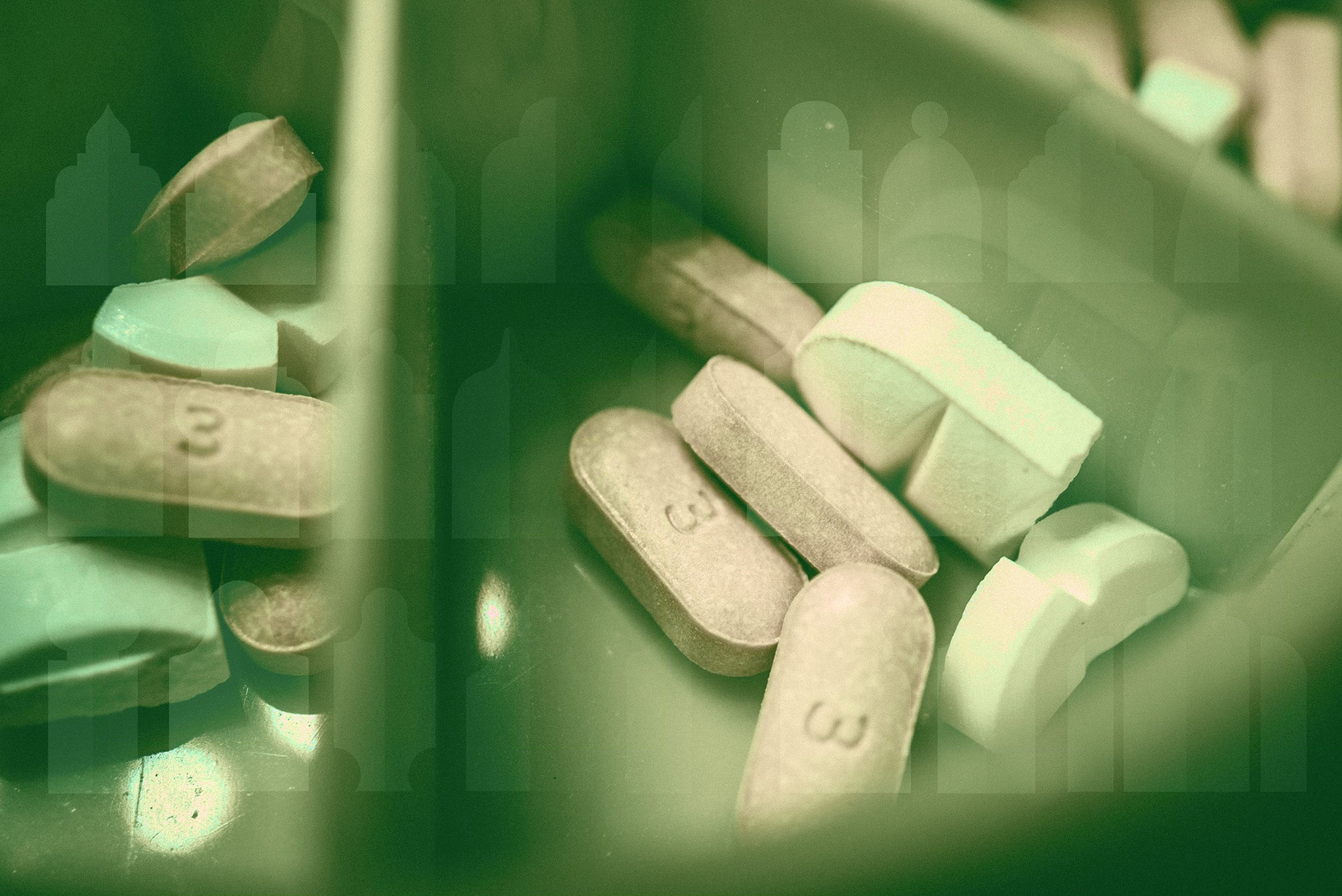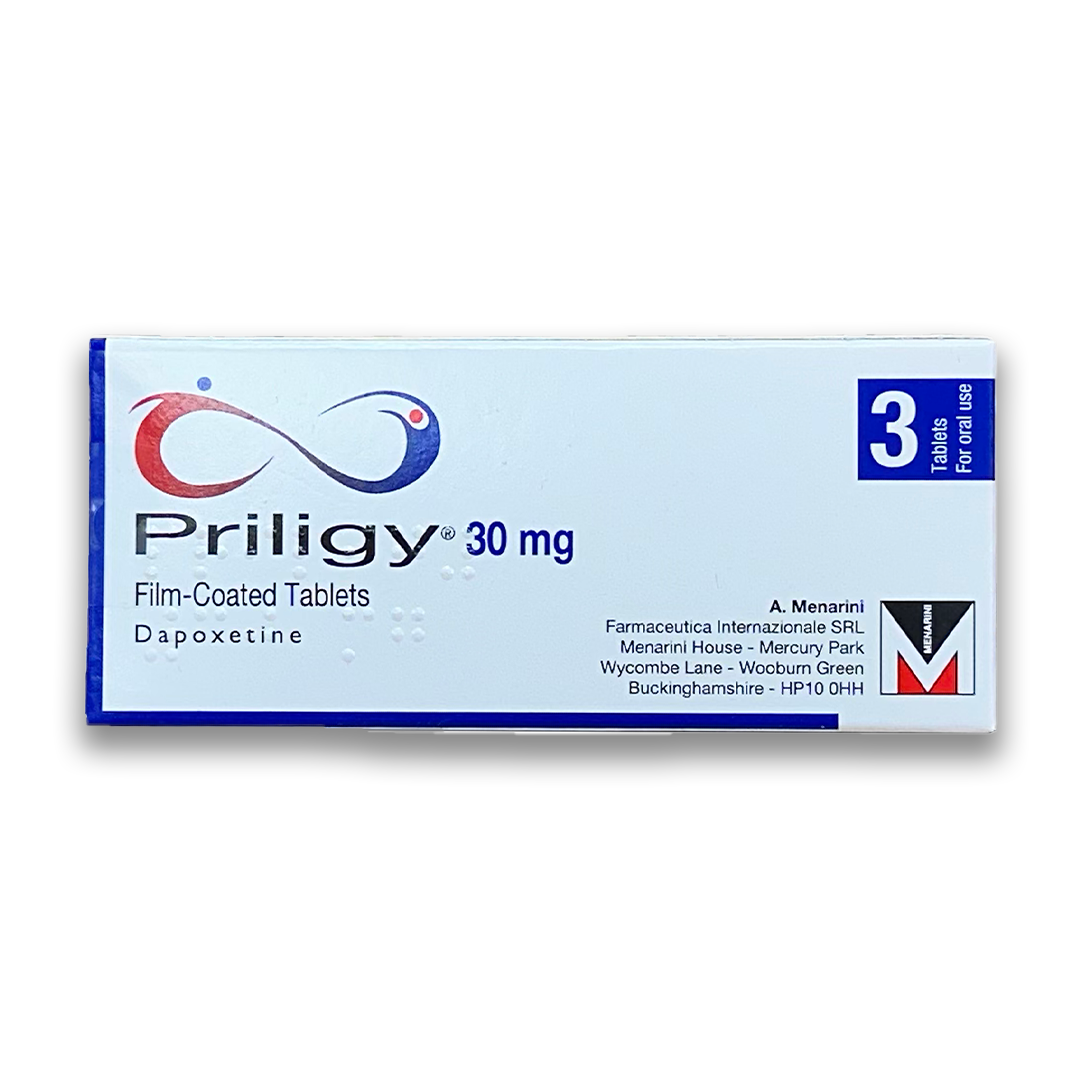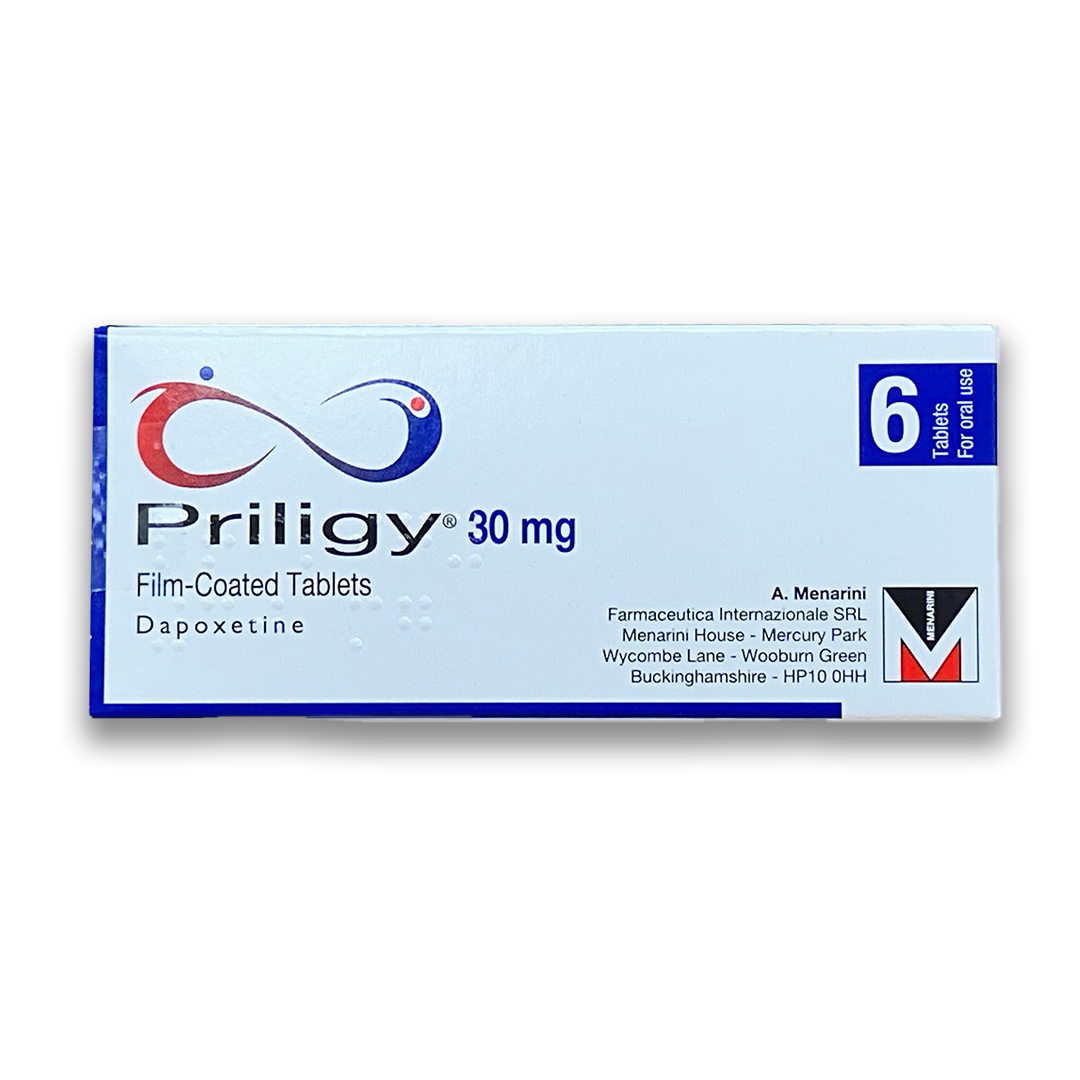
What is premature ejaculation ?
Premature ejaculation is a common sexual health problem that affects men of all ages. It is defined as difficulty controlling ejaculation, resulting in premature or rapid ejaculation during sexual activity. This condition can impact intimacy and cause frustration or distress for both the individual and their partner, affecting the overall quality of the sexual experience.
Fortunately, effective treatments and strategies are available to help manage premature ejaculation. With the right approach, this problem can be addressed and help restore comfort and satisfaction in intimate relationships.
Would you like to have this text more formally written for medical reports or clinical publications?
About premature ejaculation
Reasons
Diagnosis
Treatments
prevention
More information
Frequently Asked Questions
Is premature ejaculation a common problem?
Can lifestyle changes help treat premature ejaculation?
How long is "premature ejaculation" considered?
Are there any side effects associated with medications used to treat premature ejaculation?




